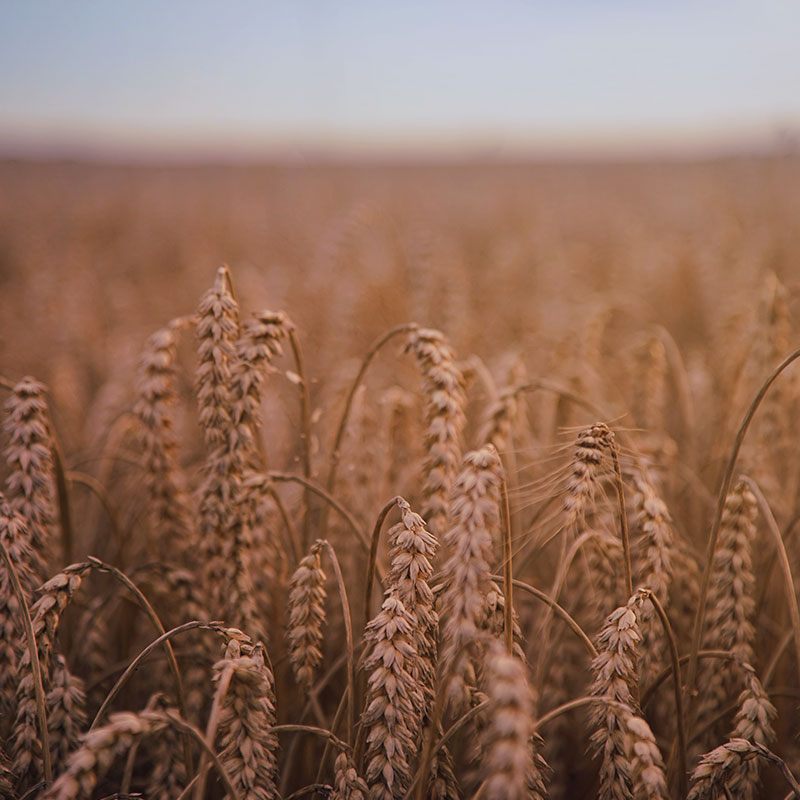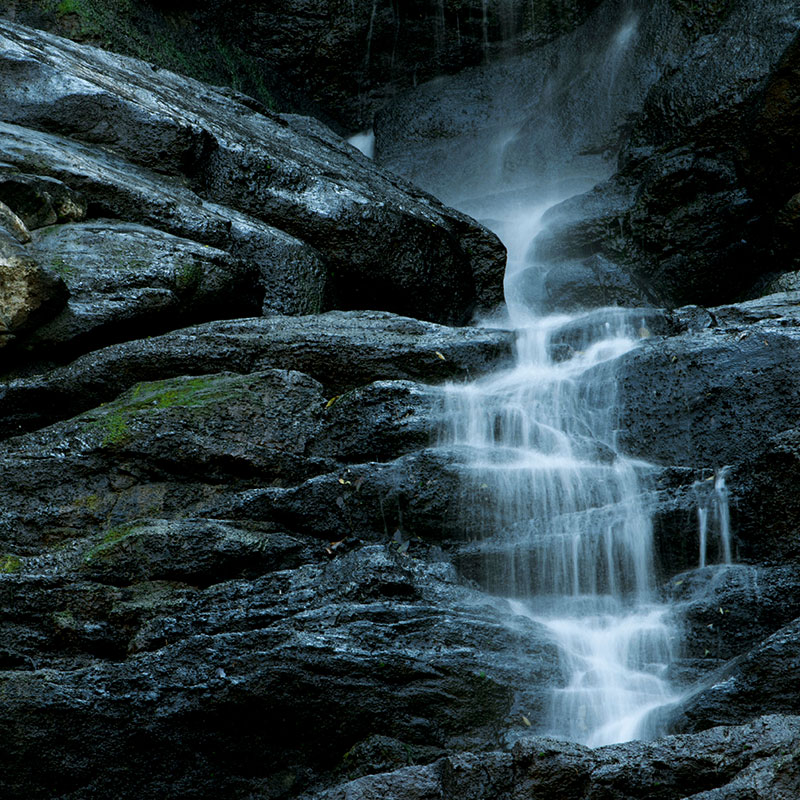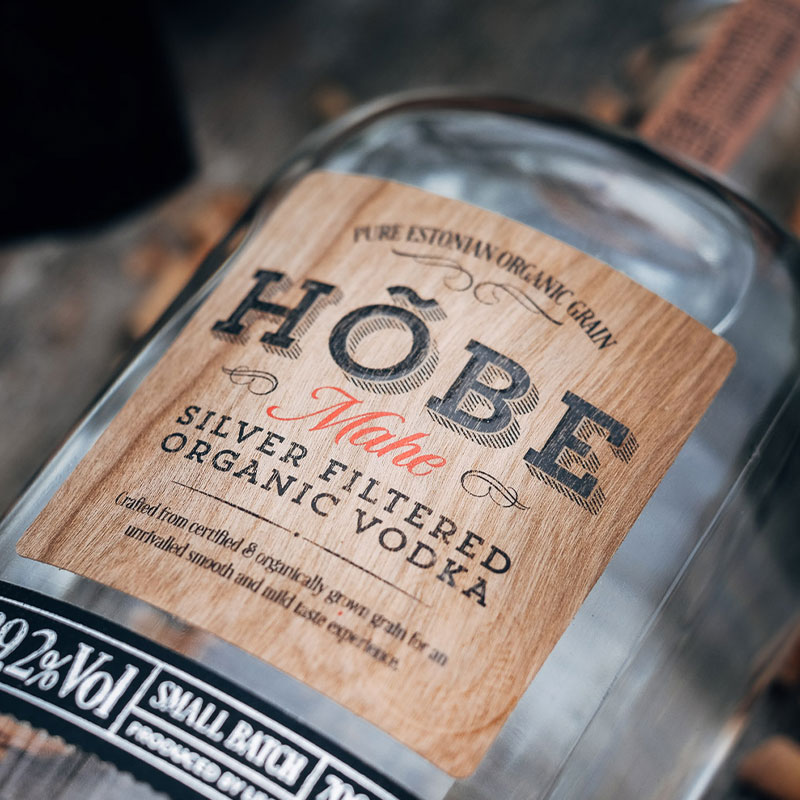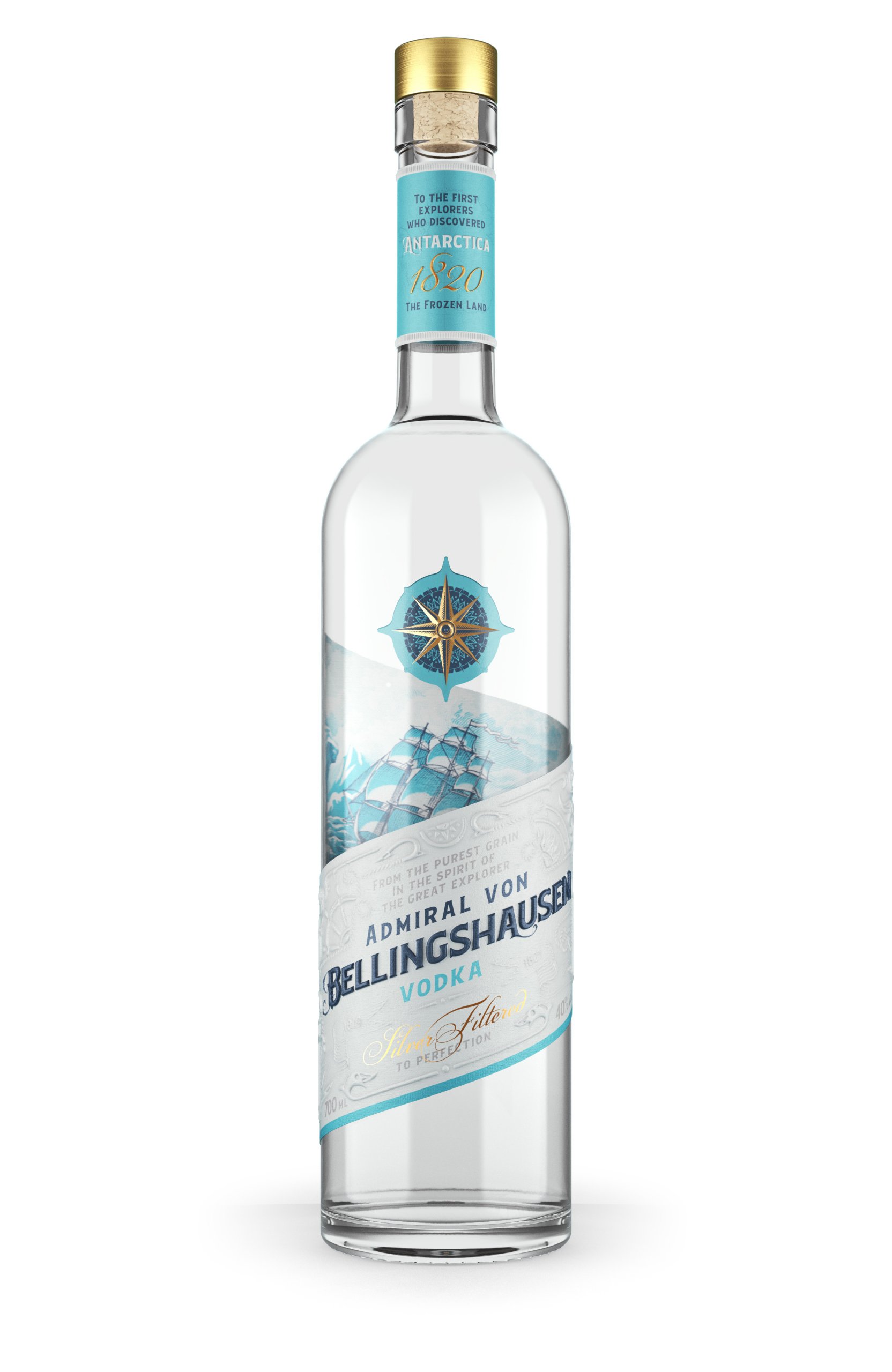Hõbe Vodka
The premium Hõbe Vodka (Silver Vodka) is meant for special occasions. Hõbe Vodka with its fine-tuned strength is made from carefully picked grain using slow three-stage cascade filtration. The taste experience from Hõbe Vodka, which is prepared in limited batches, is worth the lengthy production effort. There are moments that deserve the taste of silver!
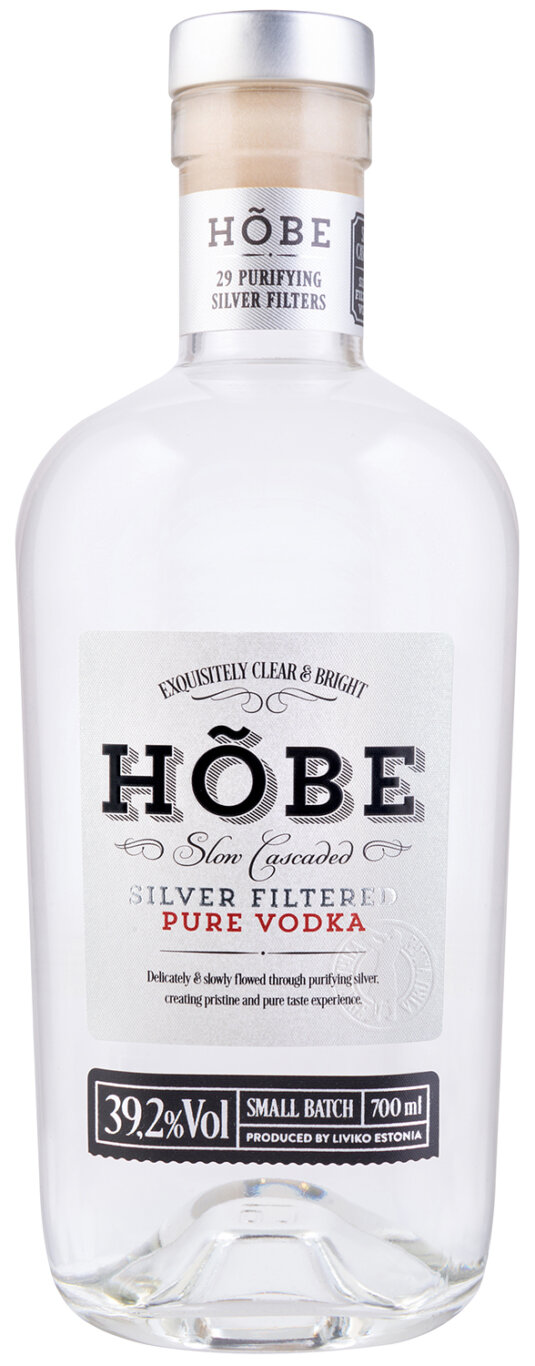
Hõbe Vodka
In a three-stage cascade filtration process, the vodka first passes through a charcoal filter and then through a system of 29 silver filters, which gives the vodka a particularly pure taste. The final finish is achieved with a polishing filter to highlight the brightness and brilliant shine of Hõbe Vodka.
Hõbe Vodka has an alcohol content of precisely 39.2% vol, which ensures the best balance between aroma and crisp taste for the silver-filtered vodka.
We recommend serving at 5°C to let the taste and aromatic properties of Hõbe Vodka stand out in the best possible way.
Awards
- International Wine & Spirit Competition (IWSC) 2017 – silver medal
- SIP Awards 2016 – gold medal in the Vodka category
- SIP Awards 2016 – silver medal in the Individual Bottle Design category
- International Wine & Spirit Competition (IWSC) 2016 – silver medal
- The Best Estonian Alcoholic Beverage in 2015
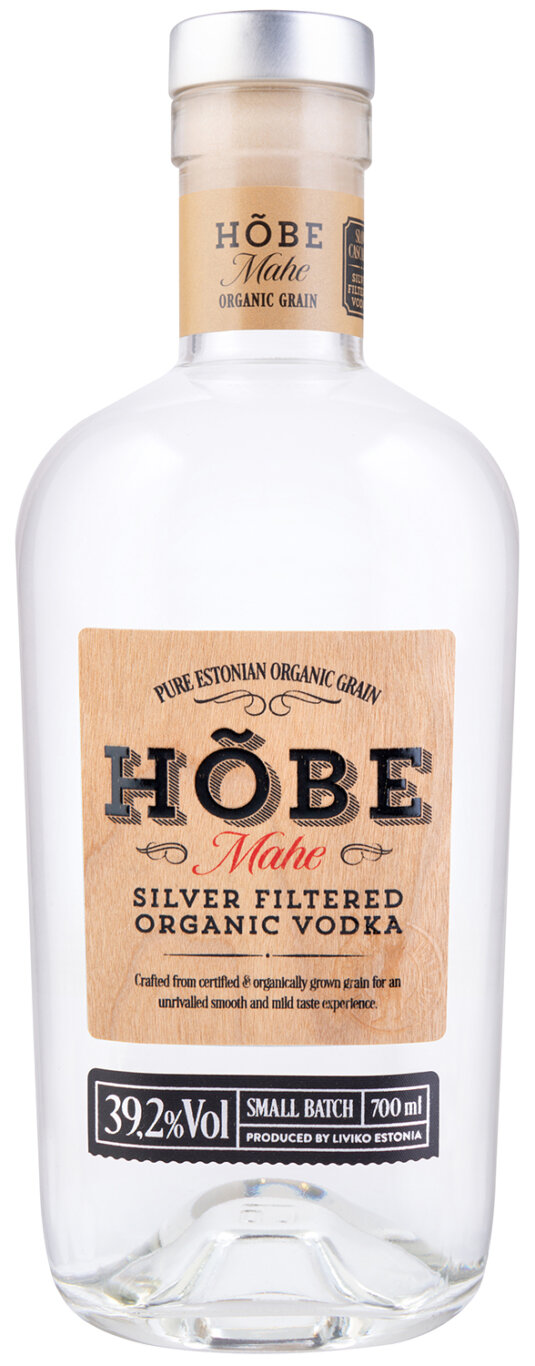
Hõbe Mahe Vodka
The organic Hõbe Mahe Vodka is made using the three-stage cascade filtration of spirits made exclusively from organic grain. The taste experience from the organic Hõbe Mahe Vodka, which is prepared in limited batches, is worth the lengthy production effort.
Hõbe Mahe Vodka has an alcohol content of precisely 39.2% vol, which ensures the best balance between aroma and crisp taste for the silver-filtered vodka.
The premium Hõbe Mahe Vodka is made using three-stage cascade filtration. In a three-stage cascade filtration, the vodka first passes through a charcoal filter and then through a system of 29 silver filters, which gives the vodka a particularly pure taste. The final finish is achieved with a polishing filter to highlight the brightness and brilliant shine of the Hõbe Mahe Vodka.
We recommend serving at 5°C to let the taste and aromatic properties of Hõbe Mahe Vodka stand out in the best possible way.
Hõbe Mahe is made exclusively from organic grain, the sustainable cultivation of which is based on local renewable resources. Different crops are grown in different years on the same land. Only preventive and mechanical techniques are used in the production of organic grain for pest and weed control. This farming system, which has been developed over the centuries and withstood the test of time, has proved itself in modern organic farming as well.
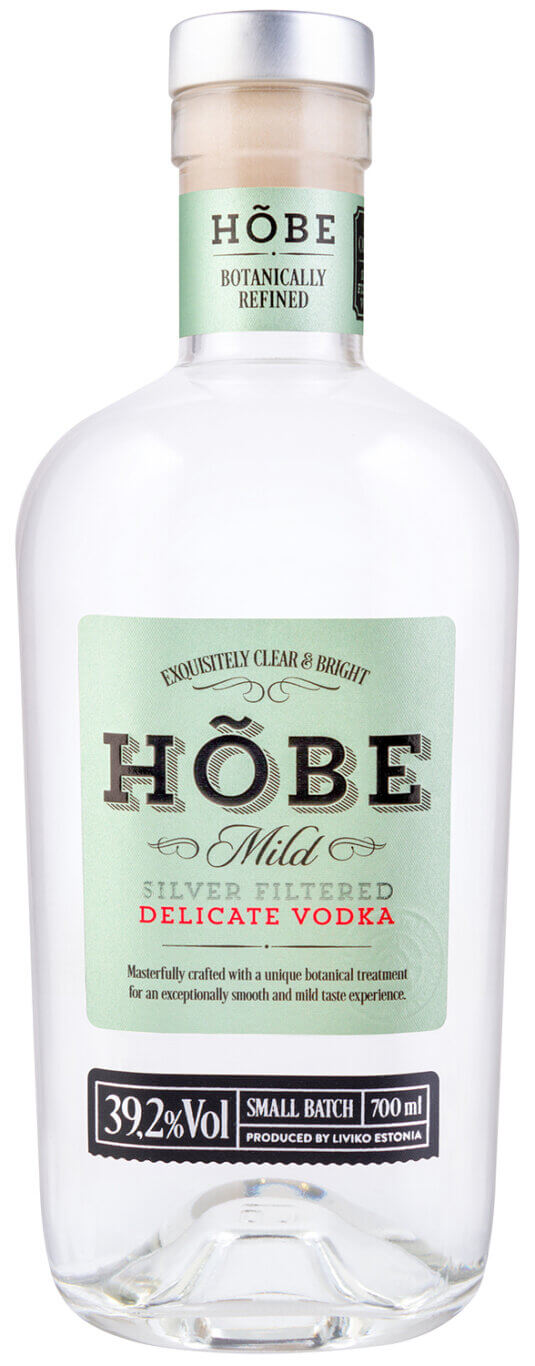
Hõbe Mild
Hõbe Mild is a quality Estonian vodka with an exceptionally smooth and mild taste, refined by an innovative and softening botanical distillate.
Hõbe means ‘silver’ in English, and the vodka carries this name for a reason because it passes through a multi-level cascade filtration system – first a charcoal filter, then 29 silver filter elements that give the drink its pure taste. Finally, the vodka enters a polishing filter, which gives it its unique brilliance. Because of this filtration method, Hõbe has an alcoholic volume of precisely 39.2% – the volume at which vodka filtered through silver acquires the best balance between a clean aroma and a mild taste.
In the development of Hõbe Mild vodka, a special role is played by the distillate of iris root, which contains essential oils to soften the sharper notes characteristic of alcohol, making for a round, smooth aftertaste. Hõbe Mild is a smooth silver-filtered vodka that exudes faint aromas of dried herbs and candied bakery spices. The palate is guided by minerality, followed by a touch of salted caramel and dried herbal hints for a creamy aftertaste.
We recommend serving Hõbe Mild chilled, at a temperature of 5°C, which best emphasises the vodka’s delicate aroma and taste.

